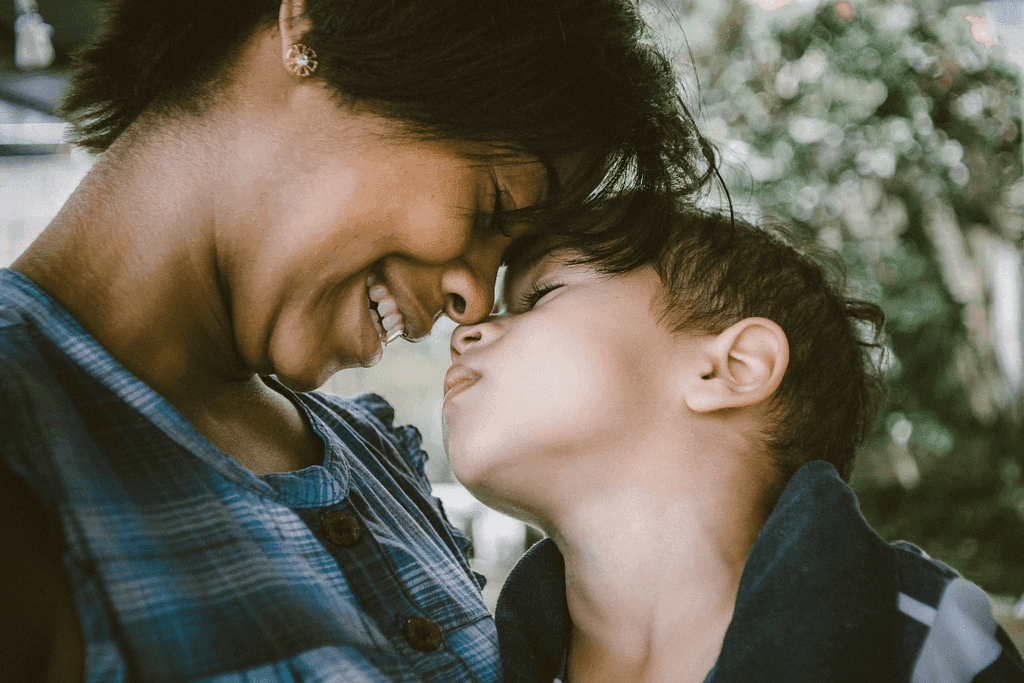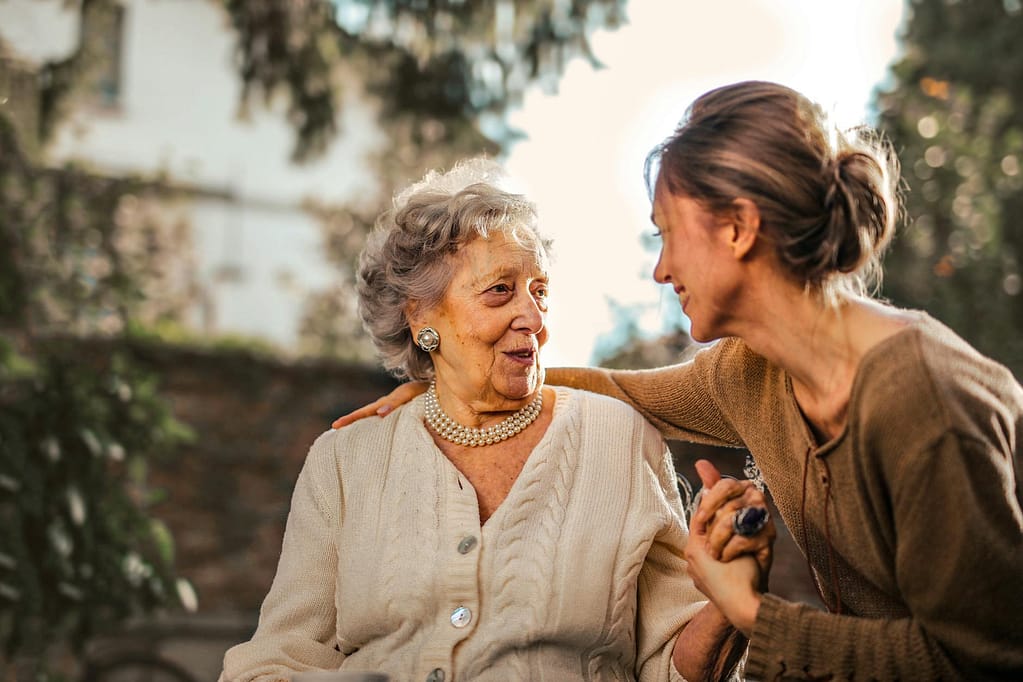
Respecting elders has always been a cornerstone of many cultures, and as time passes, its importance only becomes more evident. While it might seem that respect should be earned, there is a deeper, more powerful reason to honor the wisdom and experience of those who have lived longer than us. As we navigate through life, respecting elders can be a transformative experience for both our hearts and souls, shaping the kind of people we are today and the kind of individuals we will become. It’s about more than just following cultural or familial norms; it’s about embracing a lifestyle of grace, understanding, and compassion.
In this post, we’ll explore how respecting elders can empower your soul and heart. From deepening your character to learning valuable life lessons, the act of honoring those who have come before us is a profound journey that benefits everyone involved. Through the lens of faith, wisdom, and personal growth, we’ll dive into why this seemingly simple act carries such transformative power.
The Transformative Power of Grace in Respecting Elders
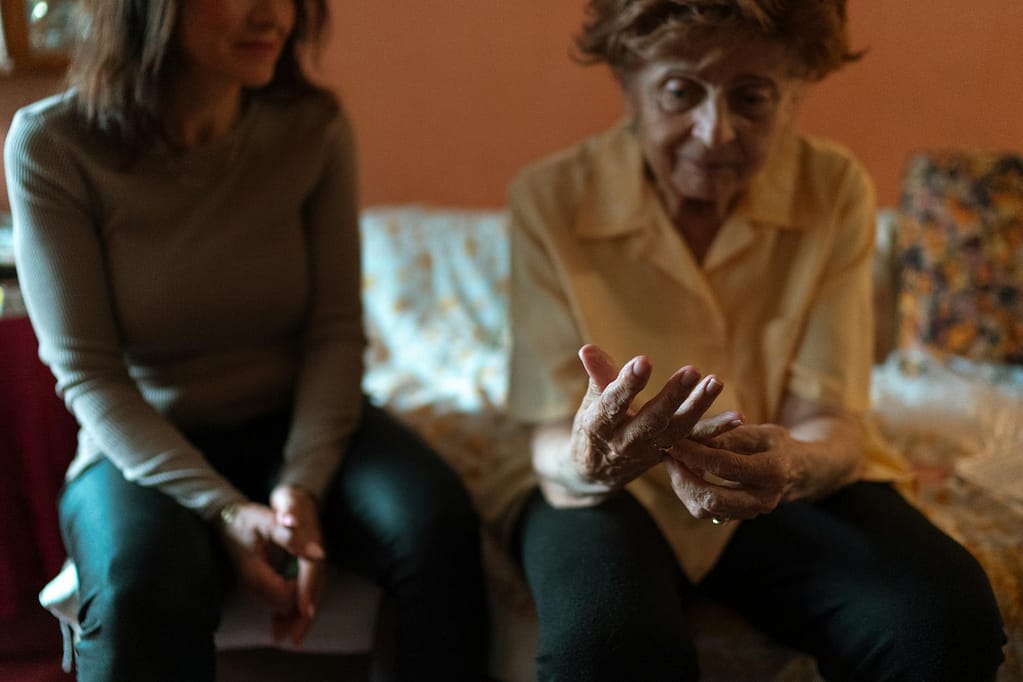
When we think of grace, we often associate it with mercy and kindness. But what does grace look like when it comes to respecting elders, especially when it feels undeserved? At times, elders may exhibit behavior that is difficult to honor, yet choosing to respect them anyway is where true grace lives.
Grace isn’t just about overlooking mistakes—it’s about offering kindness and respect even when it’s challenging. This requires humility. It means choosing to look beyond the actions of others and seeing the value in their lives, their struggles, and the wisdom they carry. Respecting elders, particularly in tough situations, can soften our hearts and transform our perspective. We don’t have to wait until they treat us with respect; we extend grace as an act of faith and love, reflecting God’s unconditional love for all.
The Bible reminds us that grace is something we are freely given, despite not always deserving it: “But God, being rich in mercy, because of the great love with which he loved us, even when we were dead in our trespasses, made us alive together with Christ—by grace you have been saved” (Ephesians 2:4-5). Just as God shows us grace, we are called to extend grace to others, especially our elders.
Why Respecting Elders Is a Reflection of Your Own Character

Respecting elders is not only about them—it’s also about who we are as individuals. Our actions reflect our values, and when we choose to honor those who came before us, we demonstrate a character built on humility, empathy, and understanding. By giving respect to elders, we show the world that we value wisdom and experience.
At the core of respecting elders is the idea of mutual dignity. We don’t respect them because they are always perfect; we respect them because they’ve lived, learned, and persevered through challenges that we might not yet understand. This respect is not a sign of weakness, but rather an act of strength—strength in humility and the courage to show kindness, even when it’s difficult.
The Bible calls us to honor our parents and elders, recognizing the deep connection between respect and the strength of our own character. “Honor your father and mother, that your days may be long in the land that the Lord your God is giving you” (Exodus 20:12). This commandment reminds us that honoring others, especially those who have experienced more of life, builds our foundation of integrity and honor.
The Spiritual Rewards of Honoring Elders in Difficult Situations
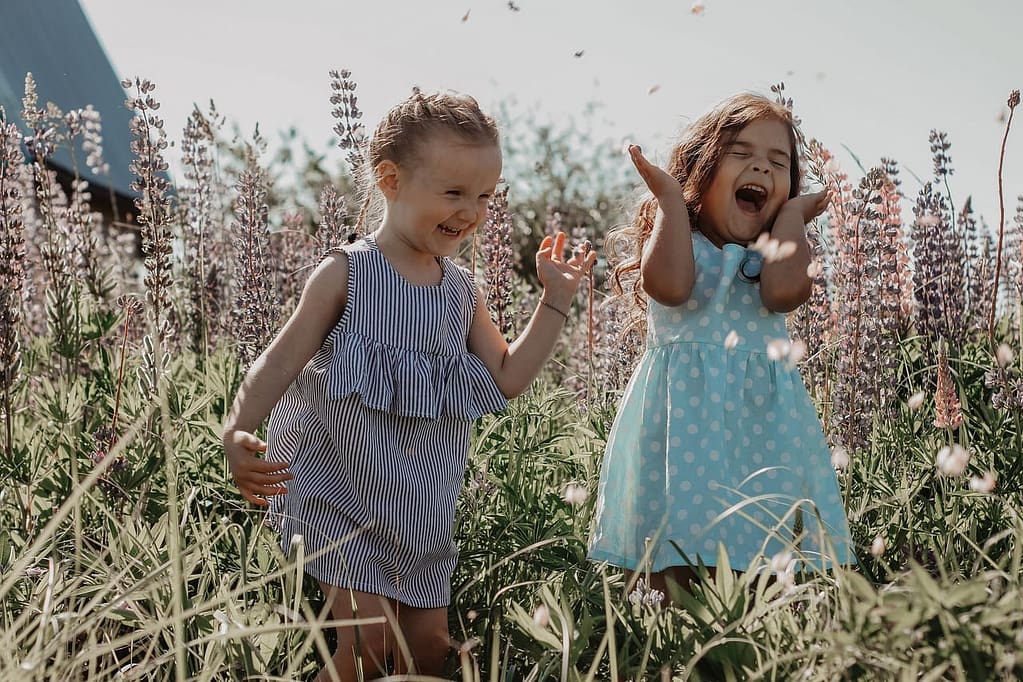
Life is not always simple, and sometimes respecting elders becomes challenging, especially when their actions or words are difficult to tolerate. However, there are spiritual rewards in honoring them even in tough circumstances. When we choose respect over retaliation or frustration, we open ourselves to spiritual growth and maturity.
The act of honoring elders, especially in difficult situations, helps cultivate patience and a spirit of peace. It teaches us to set aside personal pride and emotions, focusing on the greater good of relationships and mutual understanding. It’s through these challenges that we can experience spiritual growth, learning the power of forgiveness and love in action.
The Bible encourages us to reflect God’s love, even when others do not deserve it. “Love your enemies and pray for those who persecute you, so that you may be sons of your Father who is in heaven” (Matthew 5:44-45). This powerful teaching extends not just to enemies but also to elders who may test our patience. By offering respect and love, we reflect the very nature of Christ’s unconditional love for us.
Breaking Generational Gaps: Building Stronger Connections Through Respect
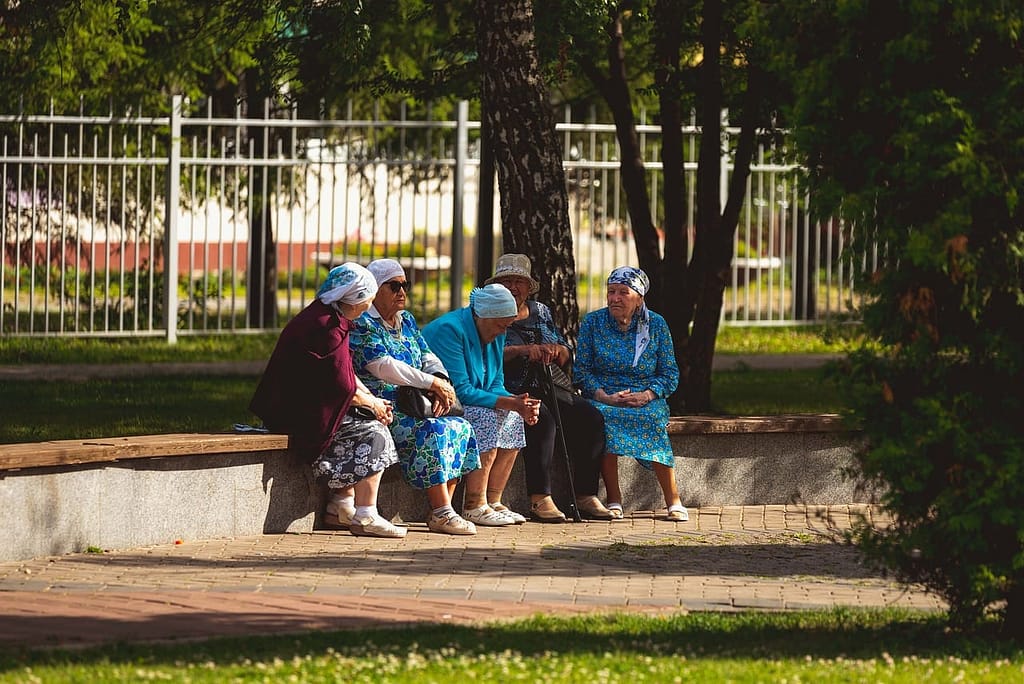
Generational gaps can create significant barriers to understanding, leading to miscommunication, frustration, and distance. However, respecting elders offers a unique opportunity to bridge those gaps, building stronger and more meaningful connections between generations. When we honor those who have walked different paths than we have, we create space for deeper conversations, wisdom sharing, and mutual growth.
Respecting elders can help us gain perspective on our own lives and broaden our understanding of history, culture, and experience. In doing so, we enrich our own lives and nurture relationships that cross generational boundaries. This connection is essential for fostering family unity, community, and a sense of shared purpose.
The Bible speaks of the importance of honoring both the young and the old. “Older women likewise are to be reverent in behavior, not slanderers or slaves to much wine. They are to teach what is good” (Titus 2:3). By respecting the elders who have gone before us, we make space for this exchange of wisdom that strengthens both sides.
What You Learn About Yourself When You Respect Elders

Respecting elders is not just a practice that benefits them—it also reveals much about who we are. In honoring those who have lived longer than we have, we gain insights into our own hearts, values, and perspectives. Respect allows us to recognize the importance of humility, patience, and kindness, even in the face of conflict or difficulty.
By reflecting on our actions toward elders, we are reminded of the virtues we seek to embody in our lives. Respect teaches us how to manage our emotions, respond to others with grace, and recognize the value of every person we encounter. It’s not just about honoring them—it’s about learning what it means to be a truly compassionate and wise person ourselves.
The Bible calls us to look inward and reflect on how we treat others: “So whatever you wish that others would do to you, do also to them” (Matthew 7:12). In respecting elders, we practice what we wish to receive, learning valuable lessons that shape our character for years to come.
Conclusion
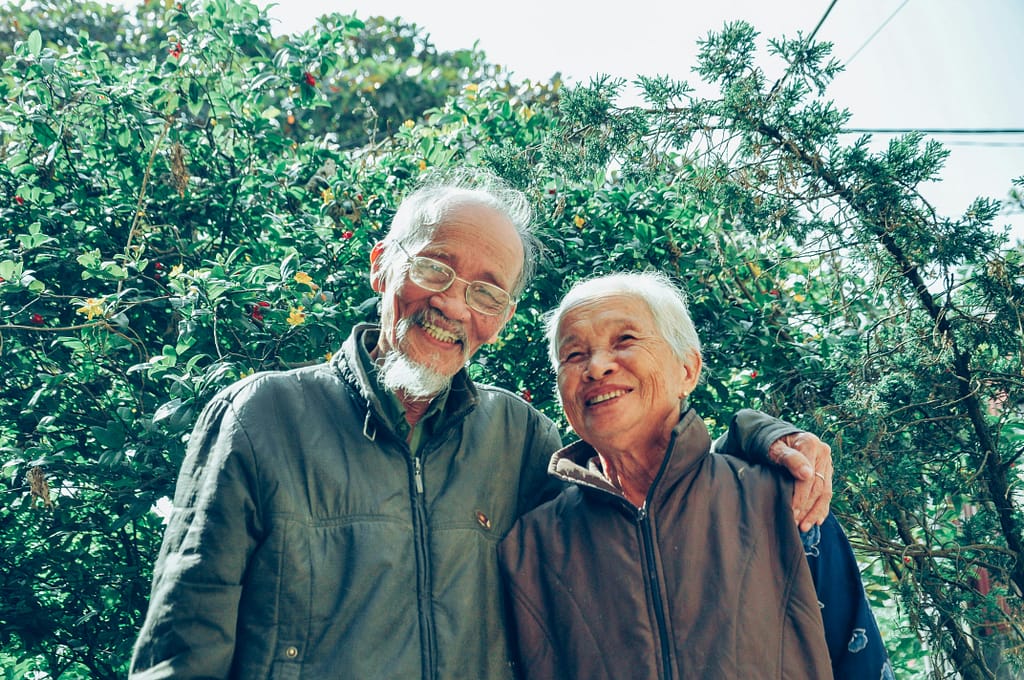
Respecting elders is a powerful and transformative practice that goes beyond the simple act of showing courtesy. It is an opportunity for personal growth, spiritual development, and strengthening relationships across generations. By embracing grace, humility, and empathy, we can empower our souls and hearts, becoming people of greater compassion, wisdom, and peace.
Ultimately, respecting elders is not just about what we give to them—it’s about what we gain in return: a deeper understanding of ourselves, a stronger connection to others, and a life lived with purpose and grace. By honoring the elders in our lives, we honor our shared humanity and build a better future for all generations.
“Do to others as you would have them do to you” (Luke 6:31).


